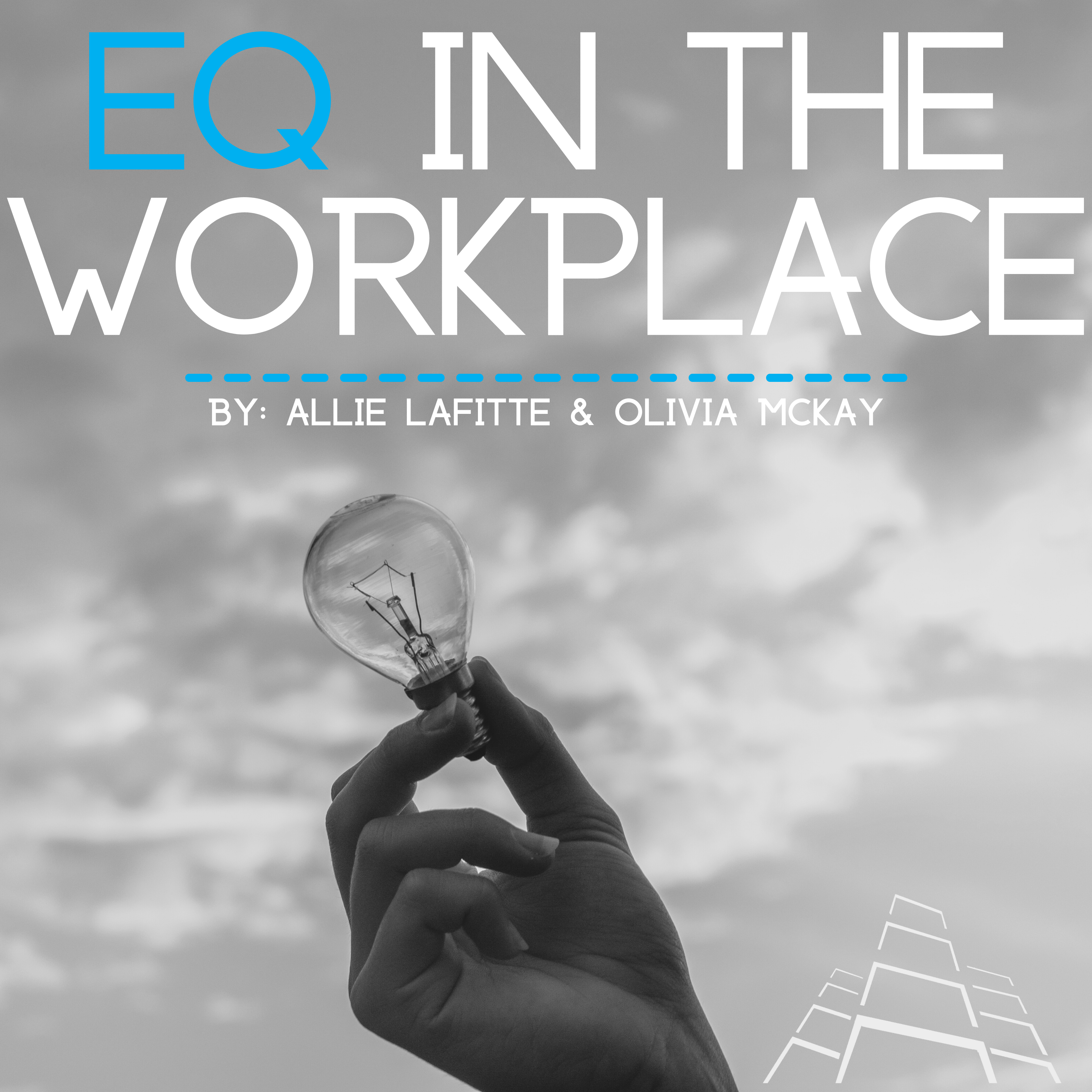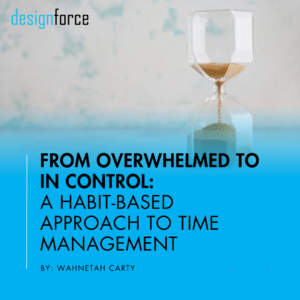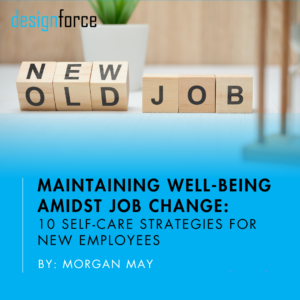IQ, or intelligence quotient, is a mark of one’s ability to reason, and in short, is used to gauge how well someone can use information and logic to answer questions or make predictions. While the societal importance of intelligence can be traced back through the years to today, psychologists have discovered that one’s IQ, or general intelligence, is not the only marker for success.
American developmental psychologist Howard Gardner coined Multiple Intelligence Theory, marking eight different types of intelligence: linguistic, logical/mathematical, spatial, bodily/kinesthetic, musical, interpersonal, intrapersonal, and naturalist. For our September newsletter, we want to highlight interpersonal intelligence, or emotional intelligence (EQ), and its importance in the workplace.
Emotional Quotient or EQ refers to one’s ability to perceive, control, evaluate and express emotions. Emotional intelligence is centered on the ability or understanding of identifying the emotions of others, evaluating how one feels, controlling one’s own emotions, and using emotions to facilitate social communication. From a business perspective, emotional intelligence influences how well an employee interacts with colleagues and how a person manages stress and conflict and weighs in on the overall performance. These skills are crucial to have internal to a team and make a large impact when it comes to client-based work, such as creating and fostering repeat clientele. Emotionally intelligent people tend to be considerate, show higher levels of empathy, and want to build meaningful relationships.
Studies have repeatedly shown that higher levels of EQ lead to longer-term relationships, more effective team communication, and greater employee engagement. With this in mind, we must ask whether you are taking the necessary steps to hone your EQ in the workplace?
Improving your EQ starts with self-awareness: it is critical to be cognizant of your emotions and your reaction to those emotions, specifically when reacting to a situation at work. Go outside your own headspace to recognize your facial expression and other non-verbal cues, including body posture and tone. Pay attention to these external cues – they are telling you something! Next time you feel a negative emotion, ask yourself, “What made me feel this way?” By identifying the source of the emotion, you will anticipate your reactions (i.e., non-verbal cues) ahead of time. The ability to connect emotions and reactions will take time – and that’s okay. The most important step is recognizing you would like to adjust how your emotions present in the workplace.
Once you have identified the desire to improve your EQ, management of your emotions becomes essential. While we cannot always control the way we feel, we can control the way we react. Self-awareness and management enable you to take a step back from the situation at hand to organize your thoughts. By taking control and recognizing the emotions coming to the forefront of your mind, you will be better able to analyze the potential consequences of your reaction. Intentional, repeat practice is necessary to enhance any skill, and EQ is no different – practice emotional management throughout your day by taking constructive steps to lower your stress and anxiety levels. Lowering your stress level will allow you to be more present in the moment and make more intentional decisions, which in turn, will improve your performance at work. Management of emotions is critical in building meaningful and effective relationships with both colleagues and clients.
An additional key component to improving EQ means going beyond yourself – you must look at your colleagues and leaders to understand their emotions and reactions. How can you do this? Start noticing how emotions change, either good or bad, in your workplace over a few weeks by having intentional interactions. Do you notice any patterns with your colleagues? Do certain topics or projects affect their stress level? Being aware of the cycle of emotions within your workplace gives you the advantage of anticipating bottlenecks and potential issues. Additionally, paying this extra attention to the EQ of those around you will only help improve your own EQ.
Oftentimes, emotional intelligence is not discussed, as the conversation only arises when there are specific issues. Improving your EQ, however, should be a continuous process that is never fully complete. Be a champion in your workplace for having these conversations, even when they are harder. By opening the door to EQ, your communication and relationships will greatly improve. A lot of people you interact with may not realize how others are perceiving their emotions and reactions. Instead of shying away from uncomfortable conversations, embrace the times when improvement can be made.
Taking steps to improve your own EQ while also taking the time to recognize the environment around you will not only improve your self-confidence and relationships within the workplace but can positively affect your day-to-day life too! So why not start now?

Related Posts
Let's learn together.
Stay inspired and in the know on all things A|E|C.
Sign up for our monthly newsletter.










